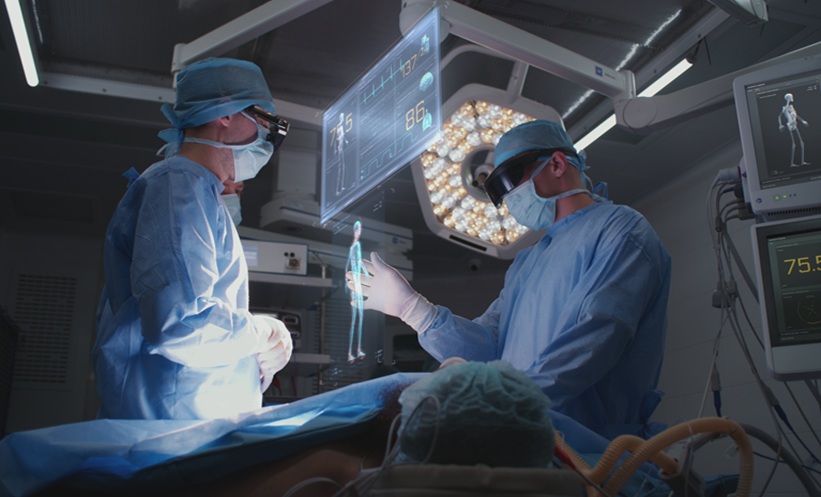VIRTUAL REALITY is increasingly being integrated into medical education, offering a safe and controlled space for trainees to practise complex procedures. In interventional radiology, where precision is essential, VR offers the chance to refine skills without risk to patients. A recent study explored how a VR CT-guided liver biopsy training module could support residents in developing both knowledge and confidence.
VR CT-guided liver biopsy module
The study divided eighteen interventional radiology residents into two groups. The control group were newer trainees, while the intervention group were more advanced residents who completed a specialised VR CT-guided liver biopsy training module twice. All participants completed assessments before, immediately after, and again one month after this training period. These evaluations measured both theoretical knowledge and confidence in undertaking focal liver biopsy procedures. For those using VR, performance data such as procedure time, number of scans taken and needle placement accuracy were also recorded.
While the control group demonstrated no notable change, the intervention group showed a clear improvement in knowledge immediately after completing the VR module. Although there was a slight reduction one month later, the increased understanding largely remained. Even more encouraging was the impact on confidence: residents reported significantly greater assurance in ordering necessary steps and performing the procedure itself, both immediately and at one-month follow-up.
Interestingly, while needle placement accuracy remained steady after a month, the time taken to complete the VR procedure increased slightly. This suggests that while conceptual understanding and confidence were retained, the physical motor skills may require more sustained or repeated practice to remain sharp. Nonetheless, the continued stability of knowledge and confidence highlights the value and durability of the learning experience.
Overall, this study demonstrates the meaningful role that VR CT-guided liver biopsy training can play in enhancing interventional radiology education. By offering realistic practice without clinical risk, VR can help medical trainees build the competence and confidence needed for complex procedures. The findings further support VR as an effective, evolving tool in modern medical training programmes.
Reference
Rikard BK et al. Evaluation of a virtual reality CT-Guided Focal Liver Biopsy Module. Acad Radiol. Published online October 27, 2025. doi:10.1016/j.acra.2025.09.050








